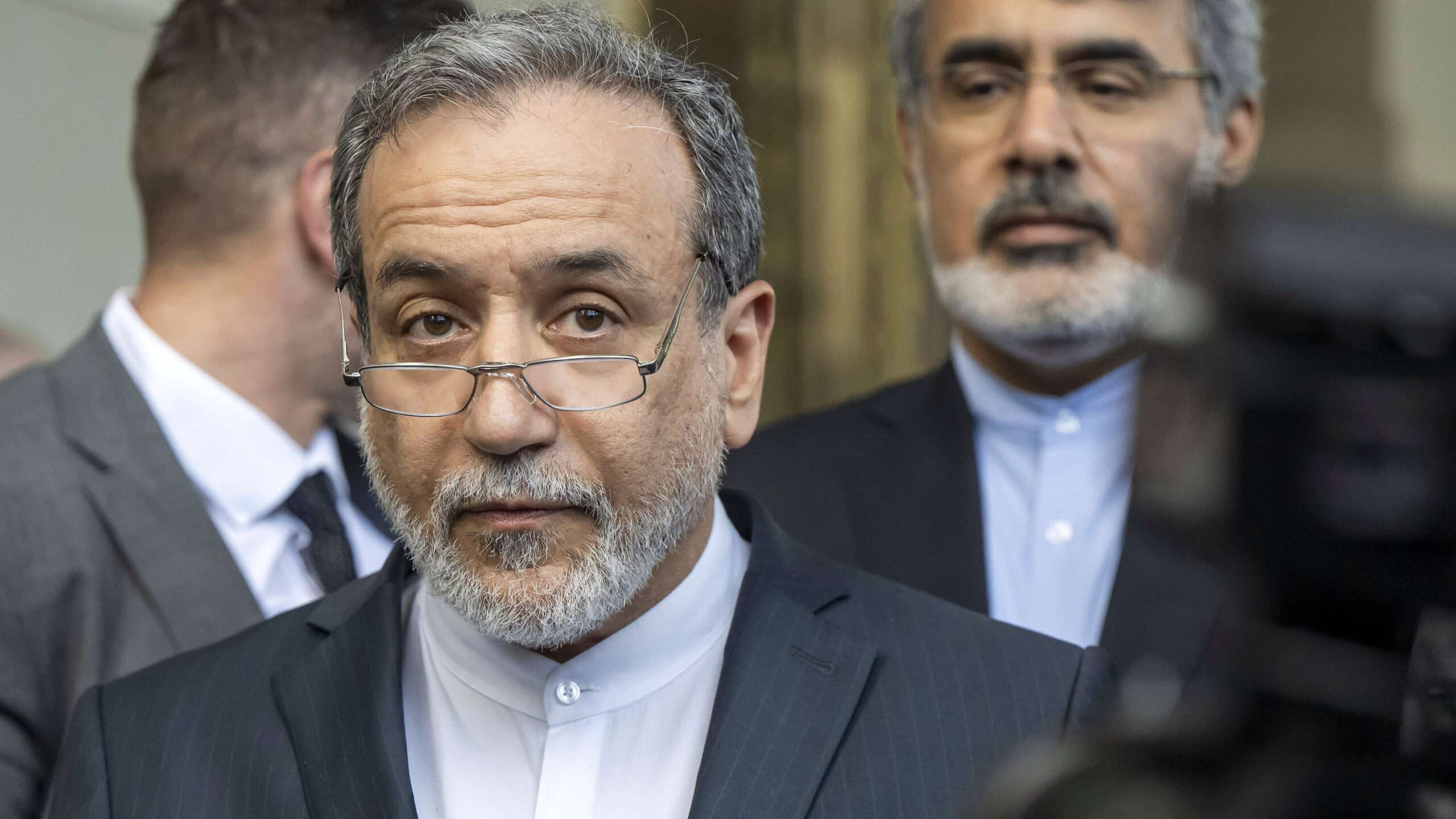Iran’s foreign minister has acknowledged that the recent US and Israeli airstrikes inflicted “excessive and serious” damage on the nation’s nuclear facilities.
Speaking on Thursday evening via state television, Abbas Araghchi confirmed that the Atomic Energy Organisation of Iran is currently evaluating the extent of the destruction.
His remarks came shortly after Supreme Leader Ayatollah Ali Khamenei downplayed the impact of the strikes, insisting that Iran’s nuclear programme remained unaffected. Khamenei’s comments were in response to US President Donald Trump’s claim that the attacks had “totally obliterated” three nuclear sites.
Khamenei asserted that the American strikes had ultimately “failed to accomplish anything significant.”

Iran’s Supreme Leader, who has remained out of public view since the conflict with Israel erupted on June 13, claimed that President Trump exaggerated the effectiveness of the airstrikes and declared that Iran had triumphed over both the US and Israel.
However, comments made by Foreign Minister Abbas Araghchi paint a different picture.
Araghchi also confirmed that Iran has no intention of resuming nuclear negotiations with the United States. The sixth round of talks was cancelled when Israeli attacks began.
“When the Supreme Leader eventually reappears, he will be facing a country that has changed significantly,” Araghchi stated.
He emphasized that “no agreement, arrangement, or discussion” had been held to initiate new talks, adding that the government was considering what actions would best serve “the interests of the Iranian people” and that its diplomatic strategy would take “a new form” — though he did not elaborate further.
Meanwhile, reports from CNN suggest that the Trump administration has floated the idea of offering Iran access to $30 billion to develop a civilian nuclear energy program, alongside possible sanctions relief and the unfreezing of Iranian funds — as part of efforts to revive diplomacy.
But recent developments within Iran may complicate any such outreach.
On Wednesday, Iran’s parliament passed legislation to halt cooperation with the International Atomic Energy Agency (IAEA). If enforced, the bill would block nuclear inspectors from accessing Iranian facilities.
Israel has defended its military actions, arguing they were necessary to prevent Iran from advancing what it alleges are nuclear weapons ambitions. Iran has consistently maintained that its nuclear program is solely for peaceful, civilian purposes.
The United States became actively involved in the conflict last weekend, targeting nuclear-related facilities in Fordo, Natanz, and Isfahan. President Trump later stepped in to quickly broker a ceasefire between Iran and Israel.
U.S. Defense Secretary Pete Hegseth stated that intelligence collected by both the United States and Israel suggests the recent airstrikes caused substantial damage to Iran’s nuclear program, potentially delaying its progress by several years.
However, a leaked early assessment from the Pentagon offered a more cautious view, suggesting the strikes may have only hindered Iran’s nuclear activities by a few months. The Biden administration has since dismissed the leak, labeling it as inaccurate and unofficial.
Meanwhile, Iran’s Health Ministry reported that 610 people lost their lives during the 12 days of Israeli airstrikes. In contrast, Israeli officials confirmed 28 fatalities on their side during the same period.
– Deeprows News
Discover more from
Subscribe to get the latest posts sent to your email.



